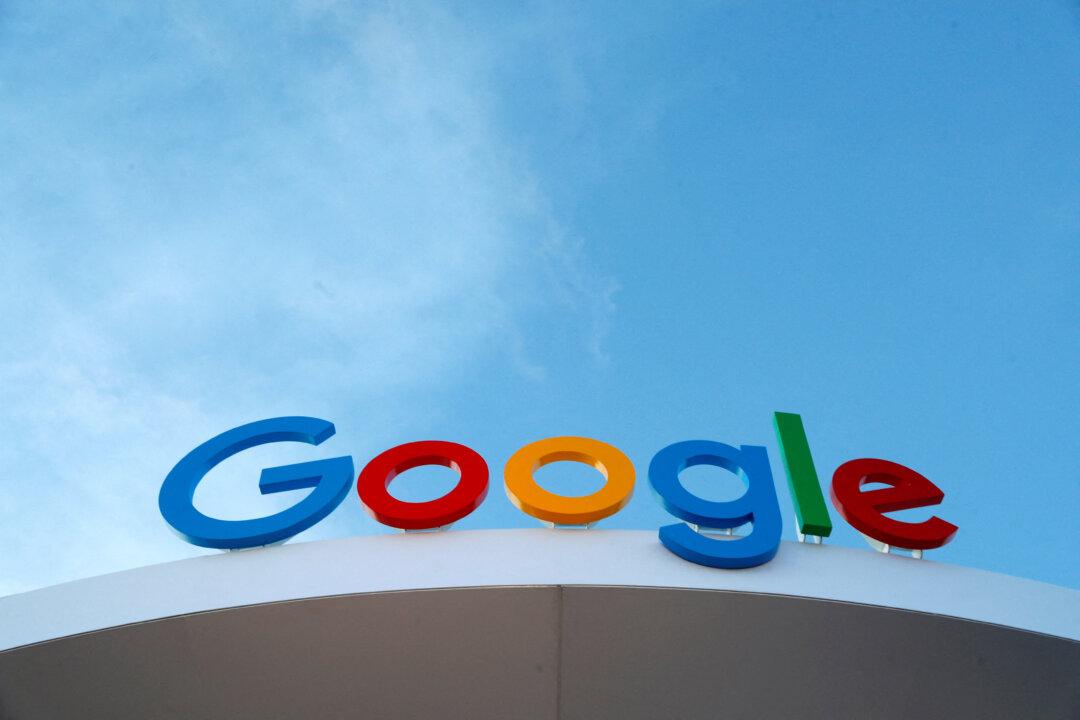A federal judge has ruled that Google violated antitrust law in its advertising technology practices, marking another major loss for the company and teeing up potentially large-scale changes to its business.
Google violated the Sherman Antitrust Act “by willfully acquiring and maintaining monopoly power” in certain ad markets while “unlawfully” tying two of its products together, District Judge Leonie Brinkema of the Eastern District of Virginia said in a 115-page opinion on April 17.





